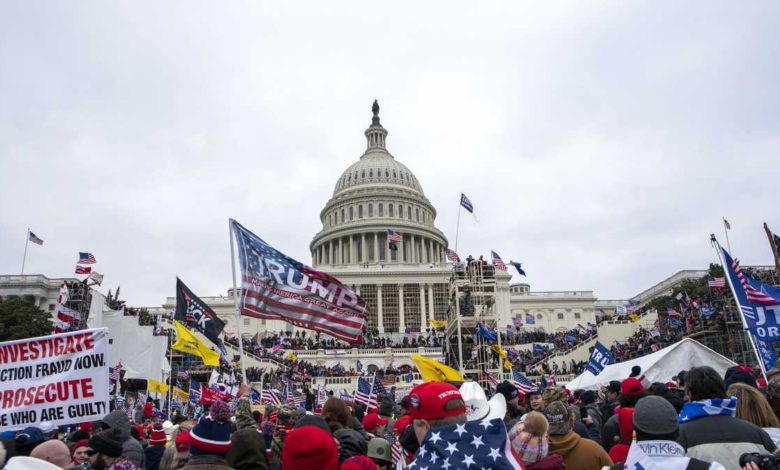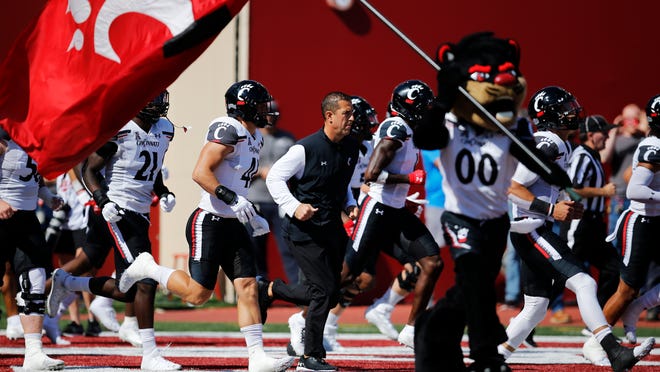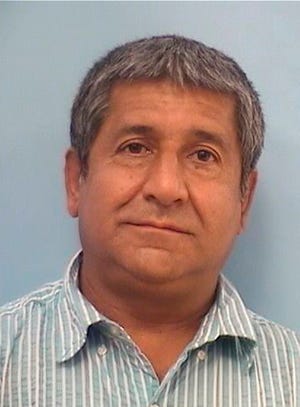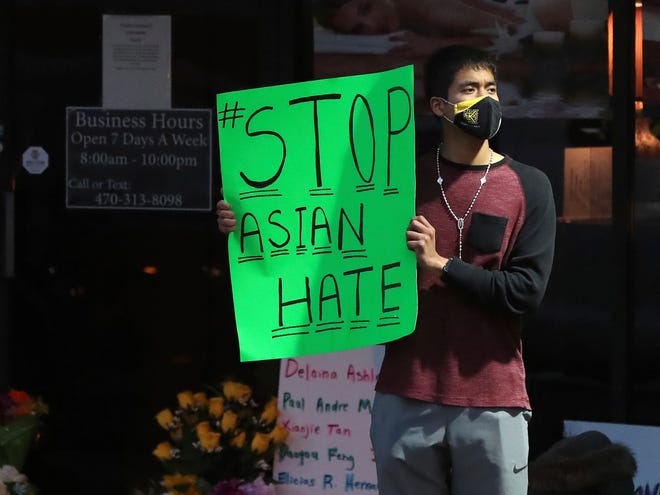

Related video: Capitol police outnumbered as rioters lay siege Journalists were manhandled, threatened and had their equipment stolen or damaged by supporters of President Donald Trump during this week's riot at the U.S. Capitol.The attacks, including a chilling scene distributed on social media of a photographer for The Associated Press being shoved around, led the National Press Photographers Association to call on authorities to investigate and prosecute people who targeted journalists.“To do our jobs, photojournalists must be on the front lines to record the news,” the association said in a statement. “The threats, violence and aggression toward visual journalists are unconscionable acts that erode our democracy and our country's First Amendment rights.”In one striking image, the words “Murder the Media” were scrawled on an indoor doorway at the Capitol.The AP photographer, John Minchillo, is shown in a video taken by a colleague, being pushed, pulled and punched by a group of men standing outside of the Capitol. Some of the attackers are heard accusing him of being part of the left-wing group Antifa; Minchillo holds up his hands and show his press pass.After about a minute, one of the demonstrators guides him away from his attackers. Minchillo stayed on the job.Minchillo declined comment on Friday. On Twitter, he wrote, “Never become the story, that's the core principle. If I could ask for something? Don't linger on the outrage for too long.”But he asked anyone who sees his message to reflect on the importance of journalism and subscribe to a local newspaper.“While we are thankful he is OK, this is a reminder of the dangers journalists both in the U.S. and around the world face every day while simply trying to do their jobs,” said Patrick Maks, a spokesperson for the AP.Another group of AP journalists on Wednesday had photographic equipment stolen and trashed outside the Capitol. One picture on social media saw electrical cords tied into a noose.There were other incidents. Erin Schaff, a photojournalist for The New York Times, wrote in the newspaper about being surrounded by two or three men while in the Capitol who demanded to know who she worked for. One grabbed her press pass, saw she worked for the Times and she was thrown to the floor. One of her cameras was ripped away from her and the lens was broken on another, she wrote.After being knocked to the ground, she screamed for help as loudly as she could.“People just watched,” she wrote.Police eventually came, but drew their guns and ordered her back on the ground. At that point, two other photojournalists vouched for her, she said.Amanda Andrade-Rhoades, a photojournalist on assignment for The Washington Post, told the Committee to Protect Journalists that she had three different people threaten to shoot her on Wednesday. One man told her, “I'm coming back with a gun tomorrow and I'm coming for you,” she said.“Journalists covering a democratic transition of power in Washington shouldn't have to run for cover,” said Mark Lodato, dean of Syracuse University's Newhouse School of Communications. “We've hit bottom.”
Related video: Capitol police outnumbered as rioters lay siege
Journalists were manhandled, threatened and had their equipment stolen or damaged by supporters of President Donald Trump during this week's riot at the U.S. Capitol.
The attacks, including a chilling scene distributed on social media of a photographer for The Associated Press being shoved around, led the National Press Photographers Association to call on authorities to investigate and prosecute people who targeted journalists.
“To do our jobs, photojournalists must be on the front lines to record the news,” the association said in a statement. “The threats, violence and aggression toward visual journalists are unconscionable acts that erode our democracy and our country's First Amendment rights.”
In one striking image, the words “Murder the Media” were scrawled on an indoor doorway at the Capitol.
The AP photographer, John Minchillo, is shown in a video taken by a colleague, being pushed, pulled and punched by a group of men standing outside of the Capitol. Some of the attackers are heard accusing him of being part of the left-wing group Antifa; Minchillo holds up his hands and show his press pass.
After about a minute, one of the demonstrators guides him away from his attackers. Minchillo stayed on the job.
Minchillo declined comment on Friday. On Twitter, he wrote, “Never become the story, that's the core principle. If I could ask for something? Don't linger on the outrage for too long.”
But he asked anyone who sees his message to reflect on the importance of journalism and subscribe to a local newspaper.
“While we are thankful he is OK, this is a reminder of the dangers journalists both in the U.S. and around the world face every day while simply trying to do their jobs,” said Patrick Maks, a spokesperson for the AP.
Another group of AP journalists on Wednesday had photographic equipment stolen and trashed outside the Capitol. One picture on social media saw electrical cords tied into a noose.
There were other incidents. Erin Schaff, a photojournalist for The New York Times, wrote in the newspaper about being surrounded by two or three men while in the Capitol who demanded to know who she worked for. One grabbed her press pass, saw she worked for the Times and she was thrown to the floor. One of her cameras was ripped away from her and the lens was broken on another, she wrote.
After being knocked to the ground, she screamed for help as loudly as she could.
“People just watched,” she wrote.
Police eventually came, but drew their guns and ordered her back on the ground. At that point, two other photojournalists vouched for her, she said.
Amanda Andrade-Rhoades, a photojournalist on assignment for The Washington Post, told the Committee to Protect Journalists that she had three different people threaten to shoot her on Wednesday. One man told her, “I'm coming back with a gun tomorrow and I'm coming for you,” she said.
“Journalists covering a democratic transition of power in Washington shouldn't have to run for cover,” said Mark Lodato, dean of Syracuse University's Newhouse School of Communications. “We've hit bottom.”









